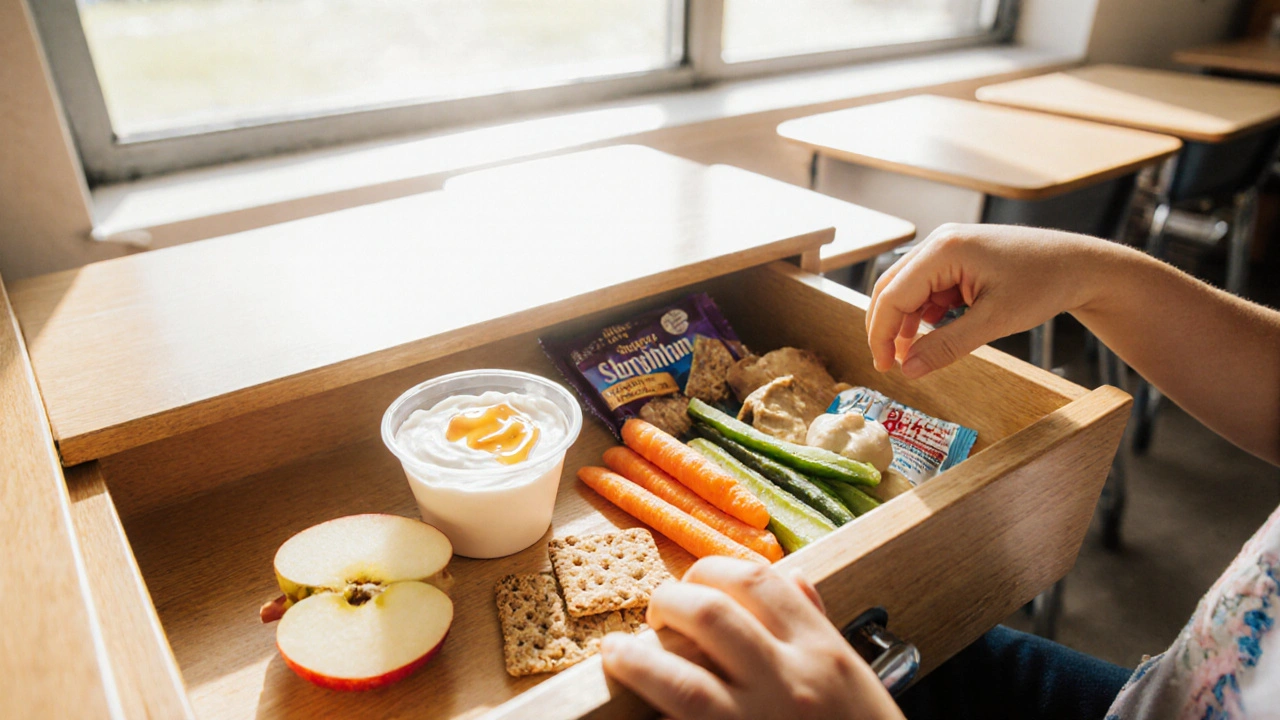Child Nutrition: Essential Tips for Growing Kids
When thinking about Child Nutrition, the science of feeding growing bodies and minds with the right foods at the right times. Also known as kids' dietary health, it plays a direct role in energy, learning, and long‑term wellbeing. Balanced Diet a mix of proteins, carbs, fats, fruits, and vegetables that meets daily calorie needs is the foundation, while Micronutrients vitamins and minerals like iron, calcium, and vitamin D essential for bone growth and immune function fill the gaps that calories alone can't cover. Together they support Growth Milestones physical and cognitive benchmarks such as height, weight, language, and motor skills that parents track from infancy to adolescence. In short, Child Nutrition encompasses a balanced diet, micronutrient adequacy, and milestone monitoring, creating a roadmap for healthy development.
Key Areas of Child Nutrition
Effective Parent Guidance practical advice and support that helps caregivers choose, prepare, and serve nutritious foods shapes eating habits early on. Parents who involve kids in shopping or cooking often see better acceptance of vegetables and whole grains. School Lunch Programs structured meals provided at educational institutions that follow nutrition standards extend these habits throughout the day, ensuring consistent nutrient intake. Yet, Food Allergy Management identifying and avoiding trigger foods while still delivering essential nutrients adds complexity, requiring substitutions like nut‑free butter or dairy alternatives. All these factors link back to child nutrition, influencing energy levels, concentration, and even emotional stability. The interplay means that a well‑planned meal plan not only fuels the body but also supports mental health, a theme that runs through many of our related articles.
Putting theory into practice starts with simple steps: plan meals that hit protein, fiber, and a colorful array of produce; snack on foods like yogurt, nut‑free trail mix, or apple slices with sunflower seed butter; stay hydrated with water and limit sugary drinks. Regular check‑ins on growth charts help catch any deficiencies early, while involving kids in food prep builds confidence and reduces picky eating. Our collection below dives deeper into stress‑reduction techniques for families, aromatherapy tips for better sleep, and creative ways to turn nutrition into a fun learning activity. By combining balanced meals, targeted micronutrients, and supportive guidance, you’ll give your child a solid nutritional foundation that lasts a lifetime. Explore the articles ahead for actionable ideas and evidence‑backed strategies that fit busy family schedules.
Nutritious Snacks to Boost Your Child’s Health
- Lyra Whitfield
- Oct, 20 2025
Learn how to choose, prepare, and serve nutritious snacks that boost kids' health, focus on balanced nutrients, and fit Australian dietary guidelines.
Learn More